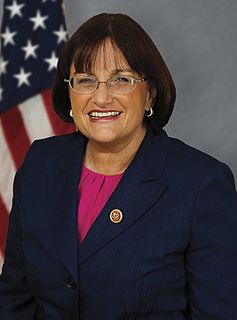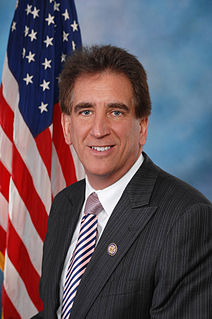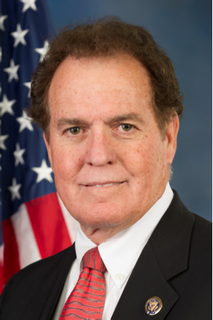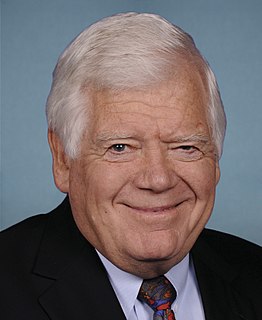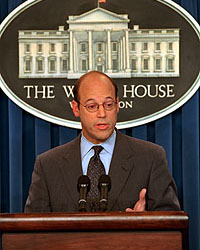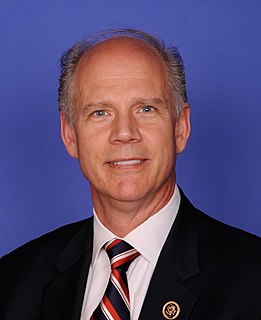Top 1200 Health Reform Quotes & Sayings
Explore popular Health Reform quotes.
Last updated on December 2, 2024.
I'm not optimistic about reform in many, if any, policy areas at all. I think we'll make further progress by inventing new things that aren't much regulated yet and outracing bad policy. I look at so many policy areas - regulation, regulatory reform, health care reform - it's all failing, we're not making improvements, we're going backwards.
If the states and territories do not sign up to fundamental reform, then my message is equally simple: we will take this reform plan to the people at the next election - along with a referendum by or at that same election to give the Australian Government all the power it needs to reform the health system.
I am here for my mother and all the Americans who are forced to spend time arguing with health insurance companies instead of focusing on getting well. I am here for the millions of lives that will be touched and in some cases, saved, by health insurance reform. I am here for the small businesses who are forced to choose between health care and hiring. I am here for the seniors who are unable to afford the prescriptions they need.
I have stood on the front lines of the health care system as a doctor, patient and concerned parent. Those experiences have served as my guideposts throughout the struggle to reform America's health care system. And it's those same experiences that tell me that fear and election hysteria should not overshadow the reality of reform.
One such troubling provision is a tax increase to pay for the $635 billion included in the budget for health care 'reserve funds.' Health care reform is desperately needed in America, but I'm concerned that $635 billion will be a down payment on socialized medicine, causing the impersonal rationing of health care and destroying the doctor-patient relationship.
Winning control of the Senate would allow Republicans to pass a whole range of measures now being held up by Reid, often at the behest of the White House. Make it a major reform agenda. The centerpiece might be tax reform, both corporate and individual. It is needed, popular and doable. Then go for the low-hanging fruit enjoying wide bipartisan support, such as the Keystone XL pipeline and natural gas exports, most especially to Eastern Europe. One could then add border security, energy deregulation and health-care reform that repeals the more onerous Obamacare mandates.
There is much that public policy can do to support American entrepreneurs. Health insurance reform will make it easier for entrepreneurs to take a chance on a new business without putting their family's health at risk. Tort reform will make it easier to take prudent risks on new products in a number of sectors.
As Congress debates overhauling the nation's health care system, it should not authorize a reform plan that would further our financial woes. We must avoid creating an unsustainable government program. There is no question that reform is needed, but health care can be made more affordable without massive and expensive new bureaucracies.
Furthermore, we believe that health care reform, again I said at the beginning of my remarks, that we sent the three pillars that the President's economic stabilization and job creation initiatives were education and innovation - innovation begins in the classroom - clean energy and climate, addressing the climate issues in an innovative way to keep us number one and competitive in the world with the new technology, and the third, first among equals I may say, is health care, health insurance reform.
Obama seemed poised to realign American politics after his stunning 2008 victory. But the economy remains worse than even the administration's worst-case scenarios, and the long legislative battles over health care reform, financial services reform and the national debt and deficit have taken their toll. Obama no longer looks invincible.
When it comes to the health of our families, Barack refused to listen to all those folks who told him to leave health reform for another day, another president. He didn't care whether it was the easy thing to do politically - that's not how he was raised - he cared that it was the right thing to do.

